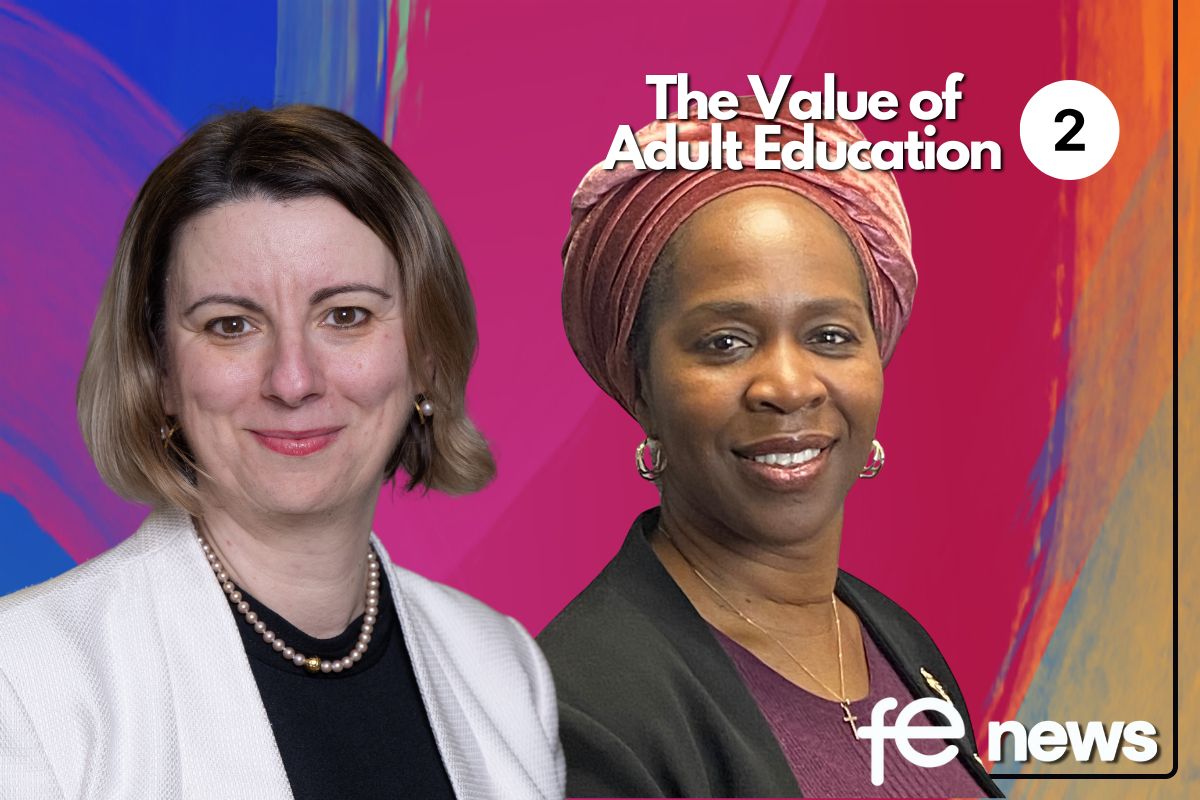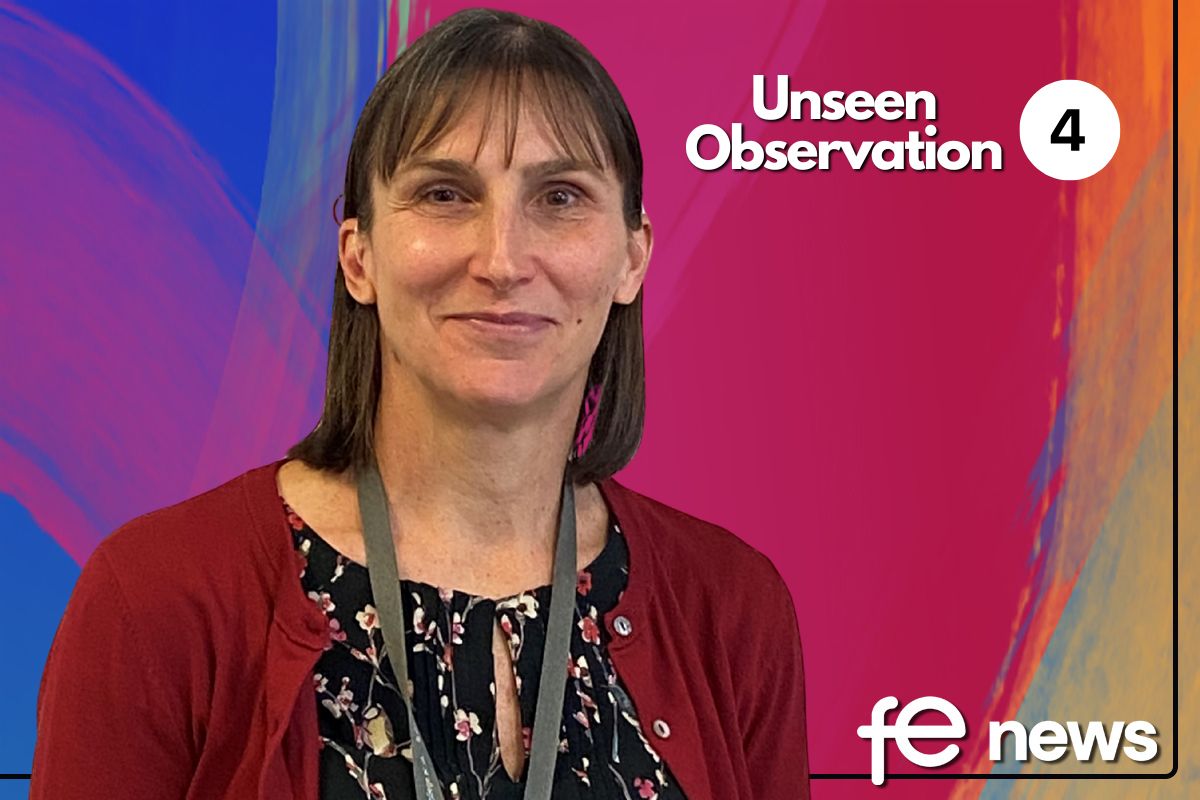The Future of Skills: Employment in 2030

I recently chaired an event hosted by Pearson College London’s Centre for Industry Engagement exploring why, after years of innovation and collaboration between educators and industrialists, soft skills remain such a tough nut to crack.
Using the research from Nesta / Pearson Plc’s The Future of Skills: Employment in 2030 report and the Pearson / CBI Education and Skills Survey as the springboard for discussion, the panel considered the challenges we face in an uncertain fast-changing global working environment and explored how we might meet them.
All panellists agreed on the centrality of consciously developing twenty first century employability skills at all levels of education. Whilst this is an area in which FE might be thought to be particularly strong, the CBI’s findings that employers are broadly more satisfied with skills development work carried out by external training providers than that provided by FE colleges and universities leaves no room for complacency and plenty of scope for improvement across the sector. Indeed it begs the question of whether either are offering courses which provide the level of flexibility and relevance to meet industry’s needs, a particular concern in the light of the new apprenticeship levy.
What then do we need to do to make sure that all of us in the post-secondary sector continue to prepare young people for the world of work in 2030 and beyond, and thereby address their needs and safeguard our national competitiveness?
First, we need more engagement between industry and FE and HE institutions. Most education organisations now recognise the importance of doing this. However there is still a large minority who do not; so the question that remains is around how they can better engage with business.
At Pearson College London, we have found a way to bridge the gap between industry and the workplace. Our courses are designed and delivered in partnership with industry – both SMEs and large corporates like IBM, Unilever and WPP. We’ve developed close relationships with an impressive range of industry partners who help to design and deliver our programmes, mentor students, and provide internships. 100% of our 2015/2016 degree graduates were in work or further study within six months following graduation; this indicates the importance of industry relationships across all levels of education.
All of the panellists agreed on the need to focus on careers advice and work experience for people at all levels of education; many FE institutions already perform strongly within this area. However, some education providers place less focus on it. Deficient careers advice and inadequate exposure to work experience narrows young people’s horizons and prevents them from successfully completing their professional journeys. That is why we do all we can to enculturate students to the world of work. We’ve built classrooms in our corporate headquarters, and staffed them with academics well-versed in their professional disciplines.
Workshops with guest speakers from industry and external corporate visits are a regular feature, with internships guaranteed for all degree students and a rich degree apprenticeship offer for those keen to start earning whilst learning as soon as possible. We believe that people working at all levels of education have a responsibility to give the career-focused young people who apply to us the best possible chance of achieving a decent return on their investment.
Ultimately of course there is no one way to ensure students leave our colleges and universities prepared for what lies ahead of them. But reflecting on that panel discussion, it seems clear to me that there is a wrong way. Focusing exclusively on students’ academic development and neglecting the skills they will need to adapt to whatever the future throws at them would be just as remiss as a narrowly interpreted ‘how to write an email’ conception of skills development. Like Guinness, education needs to be made of more. If like the Murphy’s, students who have invested a lot are not to be bitter.
Ben Hughes is Vice Principal (Industry Engagement) at Pearson College London, the first higher education institution in the UK to be founded by a FTSE 100 company – Pearson Plc.











Responses